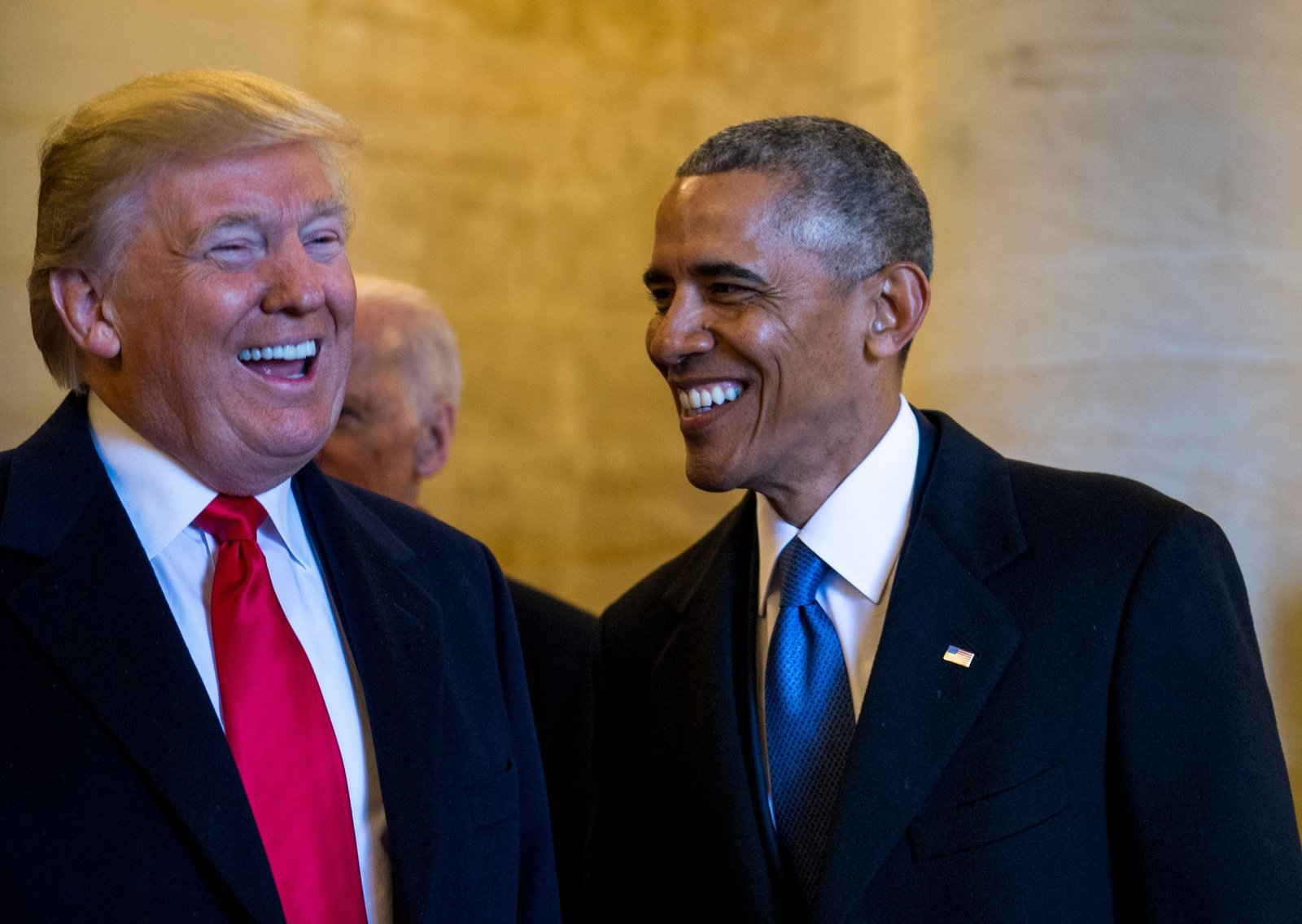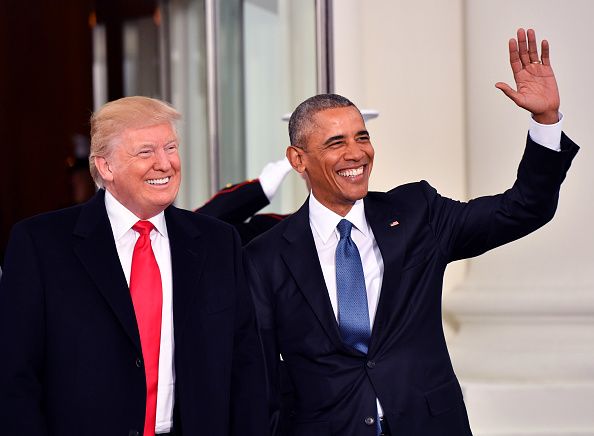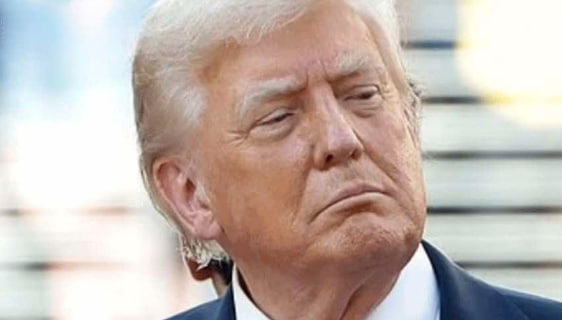Former President Donald Trump received widespread criticism after posting an AI-generated video on his Truth Social account depicting former President Barack Obama being arrested in the Oval Office. The video, which included real footage of Obama seated across from Trump in 2016, transitioned into a fabricated scenario showing him in handcuffs and later in a prison cell with a caption reading “No one is above the law.” The clip was set to the Village People’s “Y.M.C.A.,” a song frequently used at Trump’s campaign events. There was no disclaimer indicating it was artificial, leading critics to label it misleading and intended for political effect.

AI Video Sparks Debate on Disinformation
Experts in media and law raised concerns that the AI video blurred the line between reality and fiction. Analysts warned that sharing such content without context can sow misinformation and erode public trust. None of the depicted events occurred, and there was no legal or factual basis for the arrest portrayed in the clip. Legal commentators emphasized that the video is demonstrably false and warned against its potential to manipulate viewers.

Context: Epstein Files and Political Diversion
Trump’s move came amid renewed attention on the Jeffrey Epstein and Ghislaine Maxwell case, with calls for greater transparency surrounding sealed documents. Around the same time, Director of National Intelligence Tulsi Gabbard declassified documents alleging that the Obama administration manipulated intelligence related to Russian interference in the 2016 election. Some commentators suggested Trump used the AI video to distract from these controversies and reinforce his narrative, describing it as part of a broader strategy of deflection.
Tulsi Gabbard’s Russia Intelligence Claims
Director of National Intelligence Tulsi Gabbard has asserted that officials in the Obama administration “manufactured” intelligence to justify the 2016 Russia investigation. She filed a criminal referral with the Justice Department and released documents intended to support her claim, calling the intelligence effort a “treasonous conspiracy.” These actions prompted denials from Democrats and Republican Senator Mark Warner, who argued the documents misrepresented the original findings.
Trump Accuses Obama of “Treason”
Following Gabbard’s referral, Trump publicly accused Obama of “treason,” echoing Gabbard’s rhetoric and claiming there was proof of a conspiracy to manipulate the 2016 election. He reiterated his call for a DOJ investigation into Obama-era officials. Obama’s spokesperson responded by denouncing the allegations as “ridiculous” and politically motivated, pointing out that multiple bipartisan reports confirmed Russia’s efforts to influence the 2016 vote.
Political Reactions and Consequences
Senator Mark Warner, a senior member of the Senate Intelligence Committee, sharply criticized Gabbard’s intelligence claims as “one more example of cooking the books.” Across party lines, officials reaffirmed findings that Russia sought to influence U.S. elections, noting that no credible evidence shows any intelligence was fabricated.

Growing Concerns Over AI‑Fueled Political Messaging
This episode has reignited conversations about the role of AI-generated deepfakes in politics. The potential misuse of AI to create false content targeting public figures, especially in high-stakes political contexts, has alarmed civil society groups and fact-checkers. They warn that as AI tools become more accessible, content like the Obama arrest video may become increasingly common, complicating media literacy efforts.
Media Analysis: A Strategy of Diversion
Commentators from The Atlantic and Los Angeles Times described Trump’s video campaign as part of a pattern: sensational posts meant to dominate news cycles and shift attention away from serious issues such as the Epstein case. Critics argue that this signals a deepening reliance on disinformation tactics to influence public sentiment and distract from unfolding legal and ethical controversies.

Final Thoughts: Disinformation and Democratic Discourse
The controversy surrounding Trump’s AI-generated video of Obama’s arrest underscores broader concerns over deepfake technology in political communication. Amplified without clear disclaimers, such content risks misinforming the public and damaging democratic norms. While public figures have the right to free speech, experts emphasize the need for transparency and accountability. As AI tools grow more sophisticated, establishing robust media literacy and legal safeguards becomes increasingly urgent.

Sources
-
People – Trump posts AI video … Village People respond
-
Yahoo
-
YouTube
-
Reuters – Trump accuses Obama of treason over 2016 probe
-
Politico
-
ABC News

